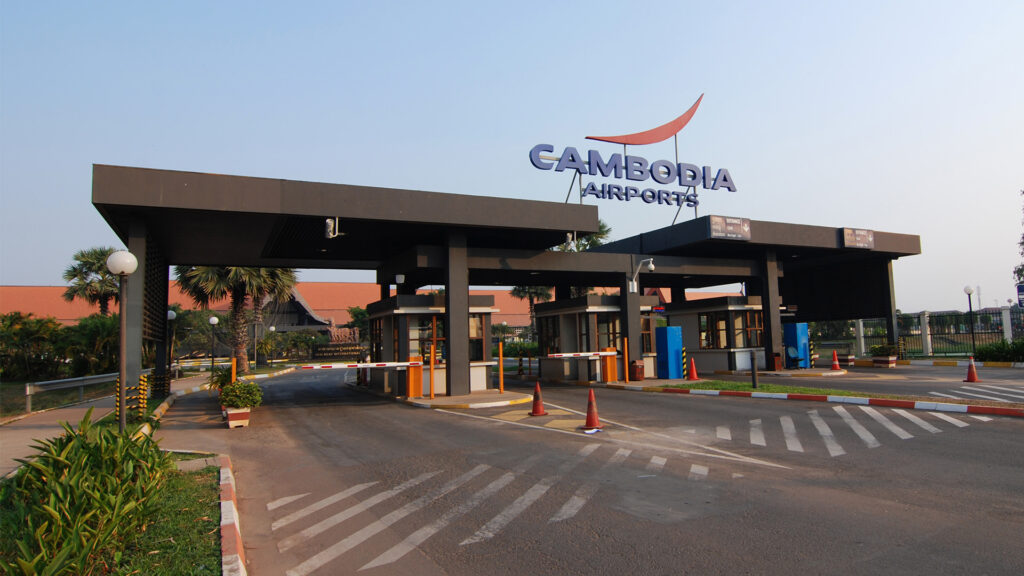
Co-leasing practices in the PRC
The practice of “co-leasing” has been a feature of some cross-border aircraft operating leases to PRC airlines for a number of years.
Essentially, this involves two entities being named as lessee under the aircraft lease: the operating airline and one other.
In our experience, this is commonly:
- for credit support; or
- to assist with the administration of certain taxes in the PRC.
Co-leasing for credit support
Co-leasing for credit support typically arises where an airline group intends to have an aircraft operated by a subsidiary airline, with a weaker credit than its parent (which may also be an airline).
The usual credit protection sought by lessors is a guarantee.
However, if a guarantee is not available (e.g., due to corporate authority or regulatory reasons), the parties might agree to include the parent as co-lessee under the lease, such that each co lessee is “jointly and severally” liable for all lessee obligations under the lease.
The enforceability of such arrangement as compared with a direct parent guarantee should be considered carefully with PRC counsel.
Co-leasing for administration of taxes
It is also relatively common for a PRC airline to request the addition of a party to an aircraft lease to assist with the administration of taxes payable under that lease.
Traditionally, this has been done by making an appropriate import/export company a “consenting party” to the relevant lease, allowing the consenting party, amongst other things, to apply for and administer withholding VAT and related surcharges in connection with rental and other payments made by the airline under the lease.
This process has recently become subject to change following a regulation (the “Regulation”) in October 2017 by the State Tax Bureau of China in respect of its new requirements on VAT declarations, with the Regulation’s requirements having come into force on 1 May 2018.
The Regulation requires that the supporting documents in relation to such VAT administration must corroborate each other. This means that the party seeking to administer the tax payments must demonstrate its right to make such tax payments.
This may be difficult to establish under the traditional “consenting party” practice, where the consenting party has no contractual right to the rent, to which the tax arrangements relate.
Our recent experience is that some airlines are requesting that the applicable import/export company is made co-lessee under the lease. The aim is to establish its joint and several liability for rent payments to provide acceptable corroborating evidence to allow the PRC tax authorities to continue the involvement of the relevant import/export company in the administration of taxes.
Considerations for lessors
Lessors considering co-leasing structures should mitigate risks as follows:
- obtain advice to ensure the joint and several liability of the co-lessees allows continued enforceability against the intended counterparty;
- ensure that documentation allows for practical management of the lease, identifying the primary contact for lease management purposes and to ensure that fulfilment of lessor obligations in favour of one lessee constitutes fulfilment in respect of all lessees; and
- take local PRC advice as regards both the regulatory framework and the enforceability of such arrangements against the relevant counterparties.
For more information, please contact the author of this briefing:
David Brotherton
Partner, Singapore
T +65 6411 5360
M +65 8121 5029
E david.brotherton@hfw.com
This content should not be construed as constituting a legal opinion on the application of PRC law and is based solely on our experience as international counsel representing clients in relation to their business in the PRC.











